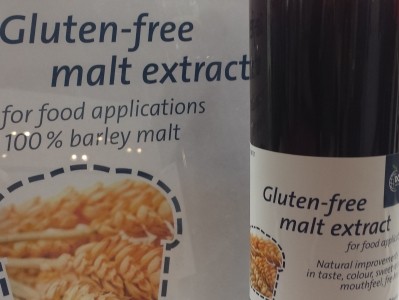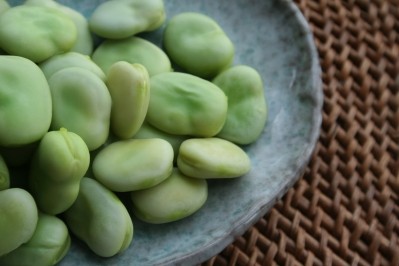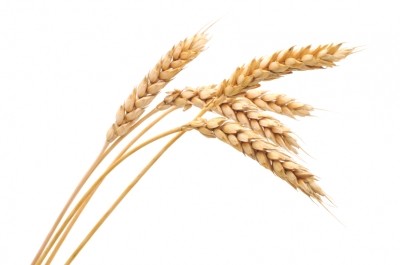Gluten-free packaged foods benefit newly diagnosed coeliacs: Study

Coeliac disease is an autoimmune disorder with symptoms triggered by gluten, the protein in wheat, rye, barley and spelt – and the only effective treatment is complete avoidance of gluten-containing foods. In the past, this often meant a complete change of dietary habits, but a rapid increase in the availability of gluten-free packaged foods may mean a smoother transition to a new way of eating.
Writing in the Journal of Nutritional Science, the researchers examined the diets of 80 Swedish teenagers diagnosed with coeliac disease (CD), before and after diagnosis, and those of a further 28 teenagers who had previously been diagnosed with coeliac disease.
“The ingredients on the plate are altered; however, this does not necessarily include a change of food groups,” the study’s authors wrote. “The intake of some popular foods are reduced but the availability of manufactured GF replacement products makes it possible for adolescents to keep many of their old food habits when diagnosed with CD.”
Low-fibre to wholegrain…and other changes
However, despite frequent use of manufactured gluten-free products, diets still changed following diagnosis. Coeliac teenagers reduced consumption of low-fibre bread, total cereals, pastries, pizza, fish fingers, and chicken nuggets, and increased consumption of wholegrain bread, rice, eggs, and processed meat.
“With the large increase in CD in Sweden, the supply of GF products in grocery stores, restaurants and other venues is improving, possibly making it easier to adjust to the new diet,” the researchers wrote. “In addition, the sensory qualities of these foods are also improving, and prices are going down, which is a positive development given the usually much higher cost of GF alternatives.”
According to market research organisaton Euromonitor, retail value for gluten-free food in Europe increased from €814m in 2010 to €1.12bn in 2014. Meanwhile, Mintel figures show a rapid rise in gluten-free product launches over the past five years. Across Europe, launches in Spain were up 20% from 2009 to 2013, while they increased 17% in the UK, 16% in Germany, 10% in Italy and 5% in France.
Nutritional value
The researchers also compared coeliac teens’ dietary patterns with those of 1066 of their non-coeliac peers.
The nutritional quality of gluten-free foods has frequently come under attack for being high in saturated fat, sugar and salt. However, the study’s authors found that these attributes were common to the diets of both non-coeliac and coeliac adolescents.
In Sweden, specialty gluten-free foods are subsidised by the government for those with coeliac disease.
Source: Journal of Nutritional Science
“What happens to food choices when a gluten-free diet is required? A prospective longitudinal population-based study among Swedish adolescent with coeliac disease and their peers”
Authors: E. Kautto, P. J. Rydén, A. Ivarsson, C. Olsson, F. Norström, L. Högberg, A. Carlsson, L. Hagfors and A. Hörnell
























